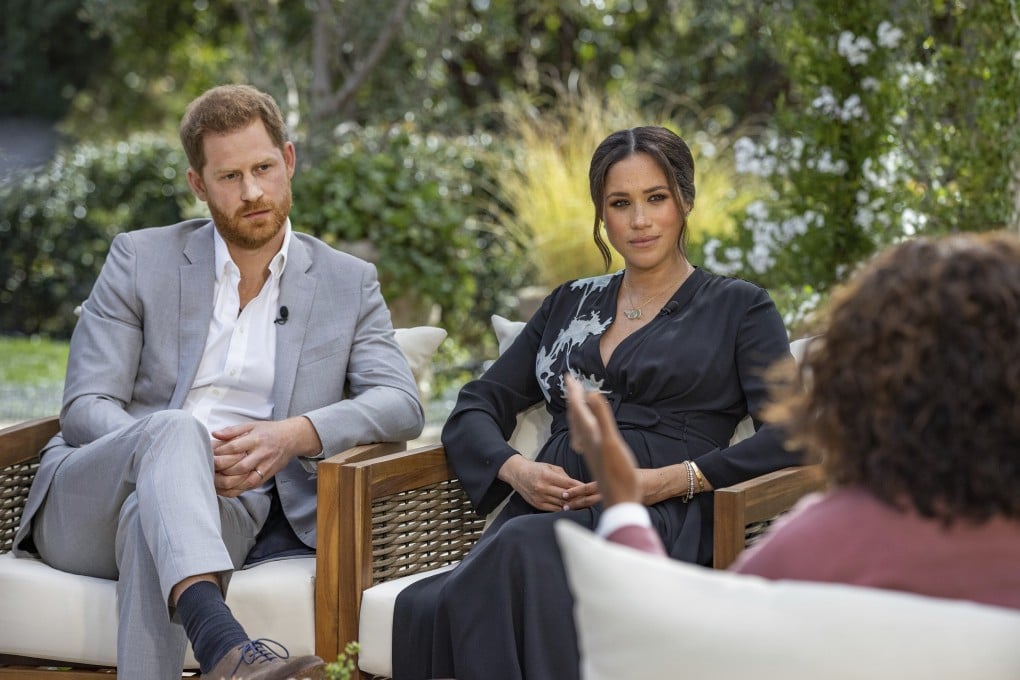Advertisement
Harry and Meghan’s Oprah interview and racism storm: Commonwealth sees red, Thailand sees parallels
- Racism claims against the British royal family prompt calls in Commonwealth nations from Australia to South Africa to rethink ties with the monarchy
- In non-Commonwealth monarchies such as Thailand, some have likened Meghan to Princess Ubolratana, who lost her titles after marrying an American, and to King Maha Vajiralongkorn, who spends most of his time in Germany
Reading Time:6 minutes
Why you can trust SCMP
4

In countries with historic ties to Britain, allegations by Prince Harry and his wife Meghan that an unnamed member of the royal family had “concerns” over the colour of their unborn baby’s skin have raised a thorny question: do those nations really want to be so closely connected to Britain and its royal family any more?
It was expected that the couple’s interview with American chat show host Oprah Winfrey would expose more rifts in the royal family. Now it seems to be risking divisions within the “family” of the Commonwealth – an association of 54 countries, most of them former British colonies, held together by historic ties. For decades, Queen Elizabeth has been the driving force behind the Commonwealth.
After the television interview, shown in the United States on the eve of Commonwealth Day, Australia’s former prime minister Malcolm Turnbull cited it as another reason for the country to sever its constitutional ties to the British monarchy.
Advertisement
“After the end of the queen’s reign, that is the time for us to say: OK, we’ve passed that watershed,” Turnbull told the Australian Broadcasting Corporation.
“Do we really want to have whoever happens to be the head of state, the king or queen of the UK, automatically as our head of state?”
Advertisement
But New Zealand’s Prime Minister Jacinda Ardern, asked by a reporter whether the unflattering picture of the British royal family painted by Harry and Meghan had given her pause about the country’s constitutional ties to Britain, said the country was unlikely to become a republic any time soon or otherwise break from observing Queen Elizabeth as head of state.
Advertisement
Select Voice
Choose your listening speed
Get through articles 2x faster
1.25x
250 WPM
Slow
Average
Fast
1.25x